Contemporary cinema has transformed itself from being just an art form to a full-fledged academic discipline. This has primarily happened subject to cinema’s unique ability to recreate reality better than any competing art form. The sixties and the seventies of the past century saw the evolution of Film Theory in the form of multiple concepts and constructs. The discipline made an honest attempt at understanding not only the psychoanalytical elements governing cinematic expressions but there was also a conscious effort to unravel the backgrounds that have inspired movies through the ages. One of the theories that came up during the mentioned churning period was the Auteur Theory. The said theory harps on a film being the result of a filmmaker’s personal creative vision. No wonder then that the filmmakers try and impose their view of the world through their movies. Consequently, some of the films turned out to be autobiographical in nature. At different points in cinematic history, auteurs have tried their hands at telling their own stories through their movies.
We at The Cinemaholic tried digging into the history of such movies and came up with a list of the 10 best movies That Are Based on Directors’ Own Lives. It is needless to mention here that the list has been prepared in conjunction with a host of parameters, the primary being critics’ views and audience perceptions. Please understand that any qualitative evaluation of movies is quintessentially subjective and doesn’t necessarily have to be unanimous for unanimity often leads to standardization of art forms, something that could be globally fatal to the creative visions of artists. Let us look at the list then!
10. Short Term 12 (2013)
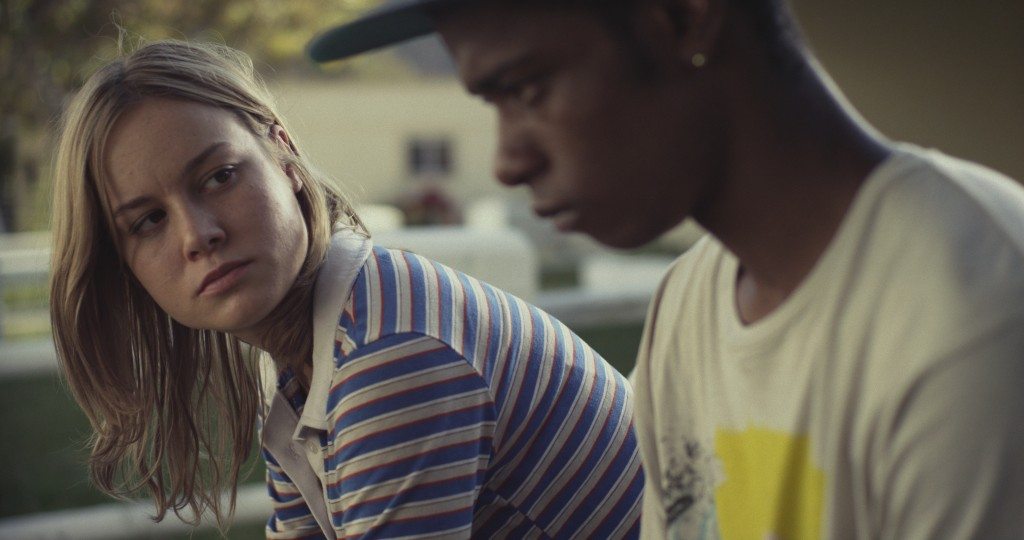
A movie that won multiple hearts, Destin Daniel Cretton’s avant-garde venture ‘Short Term 12’ is based on the auteur’s personal experiences of working with a group home housing troubled teenagers. Having drawn the requisite inspiration from his own short film of the same name, Cretton was richly applauded by critics worldwide for the film’s depicted realism. The movie also managed to bag a lot of awards across multiple platforms. The performance of Brie Larson, who plays the role of the home’s young supervisor, was immensely praised.
9. Au Revoir Les Enfants (1987)
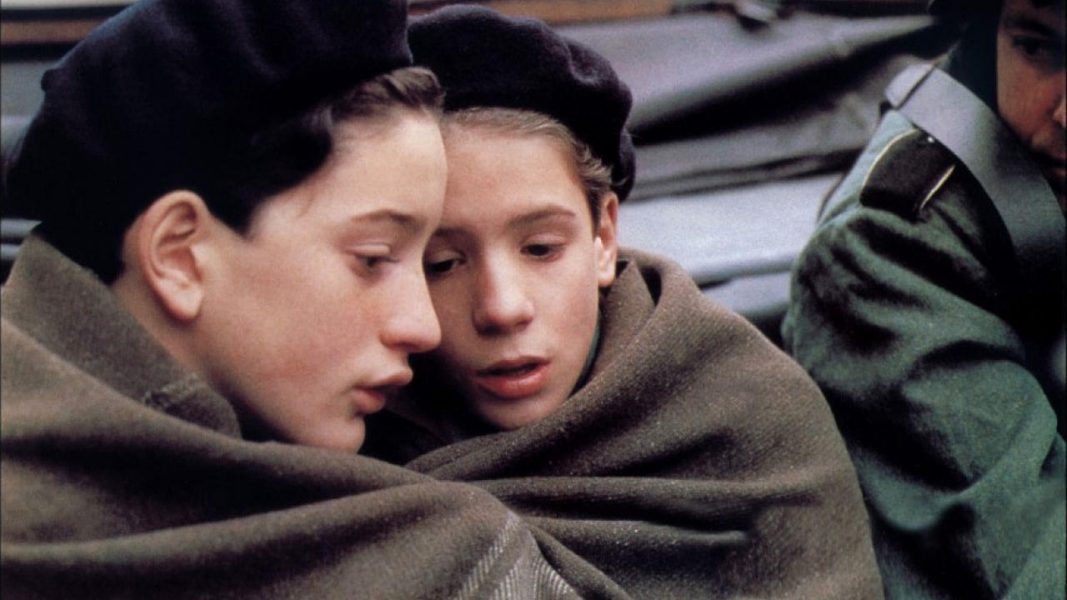
Louis Malle’s critically appreciated autobiographical movie ‘Au Revoir Les Enfants’ narrates the story of a Catholic boarding school in occupied France during the Second World War and its raid by the Gestapo to catch hold of three hiding Jewish students. The film was based on the childhood events of Malle and was massively praised for its portrayed humanism and realism. The movie rightfully clinched the Golden Lion Award at the Venice Film Festival in 1987.
8. Lost in Translation (2003)
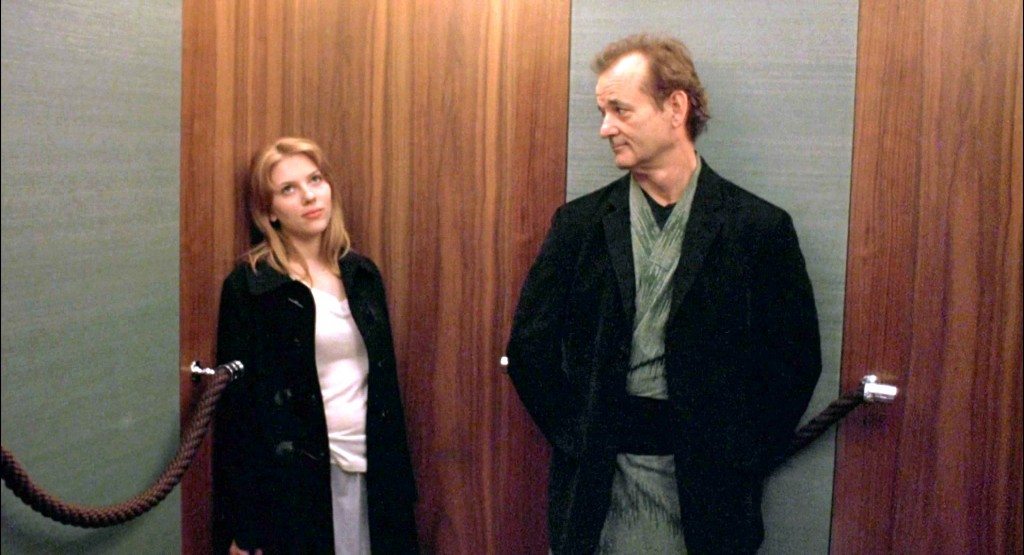
A rare reel marvel, Sofia Coppola’s deeply humane romantic comedy ‘Lost in Translation’ chronicles a unique bond between an aging American actor and a young woman whilst in Tokyo. A movie that has managed to garner a dedicated following, it landed Coppola with the Academy Award for Best Original Screenplay in 2004. The movie deals with a number of complicated sub-themes such as estrangement, disillusionment and betrayal. Anyone with an iota of idea about solitude will be able to connect to the film’s central conjecture. It was later revealed by the filmmaker herself that most of the events shown in the film were inspired by her personal experiences in Tokyo.
7. The Tree of Life (2011)
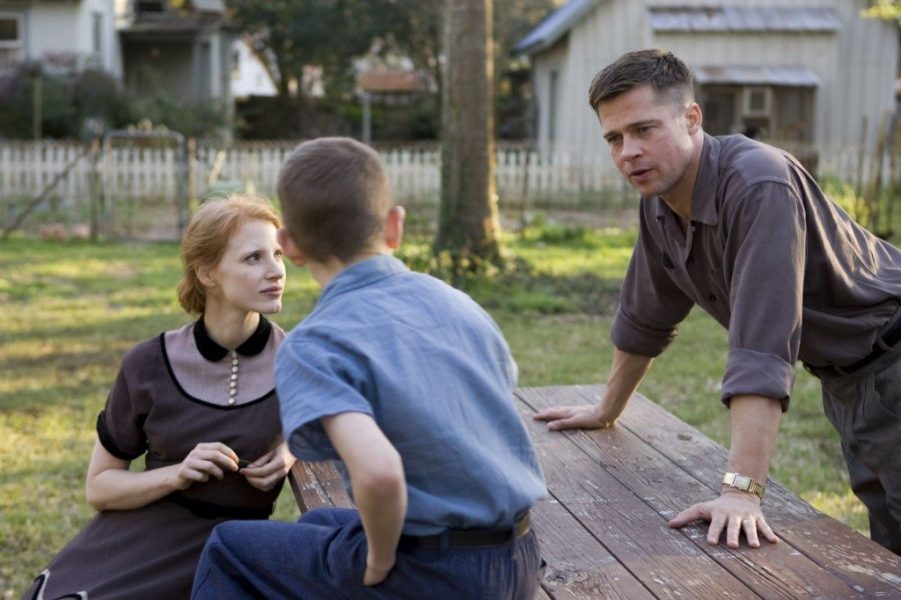
Rightly cited as one of the ten greatest movies of all time by renowned film critic Roger Ebert, Terrence Malick’s venture ‘The Tree of Life’ tries to comprehend the meaning and purpose of life in way that is both unique and effective. Punctuated by scenes of vivid childhood memories and the origin of life on earth, the movie has the potential to change the way a person perceives his/her life. It straight away divided the critics into two distinct segments. One group lauded the movie for its thematic richness and the other despised it for being decidedly ambitious. It bagged the coveted Palme d’Or at the Cannes Film Festival in 2011 and has been listed by BBC as one of the 100 greatest American films ever made. The film is said to be inspired from Malick’s own childhood. He, too, like Jack in the film, had to deal with untimely death of his younger brother.
6. Annie Hall (1977)
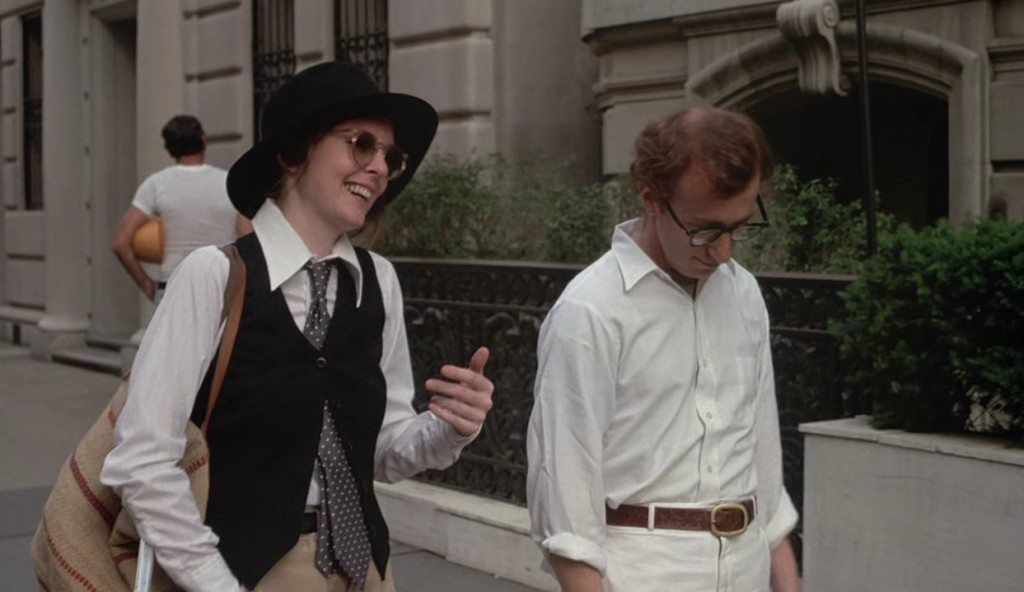
Roughly categorized as a romantic comedy, ‘Annie Hall’ could be considered to be Woody Allen’s magnum opus. Named as the movie with the funniest screenplay by the Writers Guild of America, ‘Annie Hall’ narrates the story of a New York comedian’s love life and his unique takes on various critical issues including sexuality, feminism, modernism, psychoanalysis and Jewish American Identity. In a way, the comedian shown in the film could be aptly described as Allen’s alter ego. The movie succeeded in bringing home four (4) Academy Awards – those in the categories of Best Picture, Best Director, Best Actress in a Leading Role and Best Original Screenplay.
5. Boyhood (2014)
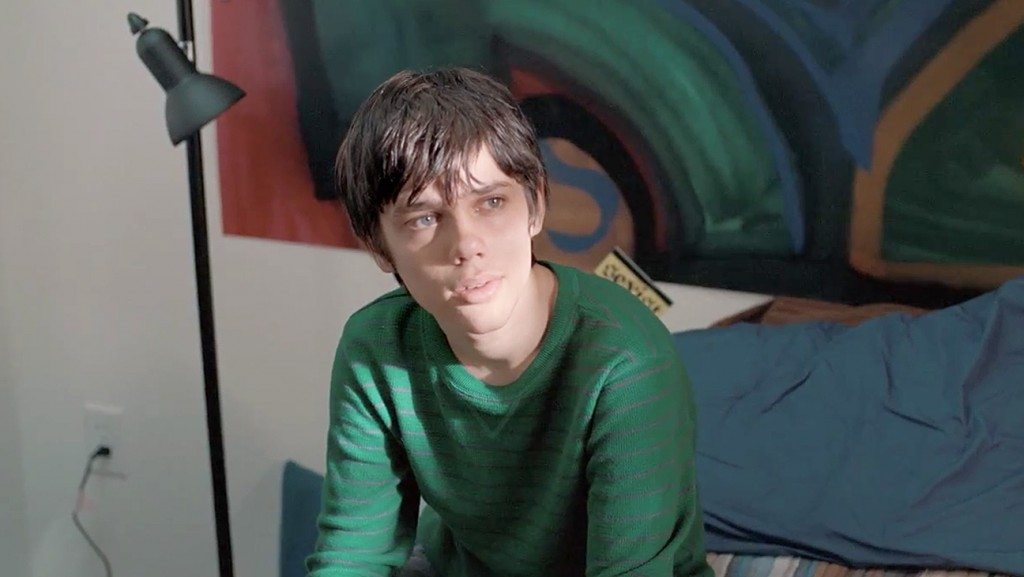
One of a kind, Richard Linklater’s ‘Boyhood’ is a unique cinematic feat. The filming for the movie took place over a period of twelve years and realistically tracked the evolution of a child into a young adult. Considered by some to be autobiographical due to the plot’s similarities with the filmmaker’s real life, ‘Boyhood’ was universally lauded for its thematic richness and visual realism. The script of the movie was not pre-written and was developed during the production process itself based on the changes that the auteur saw in each of the actors. Having been nominated for six (6) Academy Awards, the film finally won one in the category of Best Supporting Actress.
4. The Mirror (1975)

Distinctly autobiographical in nature, ‘The Mirror’ is a moving tale of the various emotions punctuating the consciousness of a forty-something dying poet. The film, arguably Andrei Tarkovsky’s best work, makes a sublime effort at redrawing the memories of a person. The movie is also considered to be an excellent commentary on the then existing Soviet society and politics. Known for its non-linear structure and unique cinematography, ‘The Mirror’ has influenced a generation of filmmakers from all across the globe.
3. Fanny and Alexander (1982)

One of the finest pieces of work from the coffers of the maverick Swedish filmmaker Ingmar Bergman, ‘Fanny and Alexander’ traces the life of two siblings in a rich Swedish family in Uppsala in the 1900s. Although Bergman himself didn’t admit to the movie having any autobiographical elements, there are parts of the movie that bear uncanny resemblances to the filmmaker’s life. The uncut 312-minutes version of the film is one of the longest in cinematic history and was actually planned as a four-part television movie. Nominated for six (6) different Academy Award categories including the Best Director, it finally managed to bring home four (4). The movie evoked both love and hatred when released and is considered to be a global cinematic masterpiece.
2. The 400 Blows (1959)
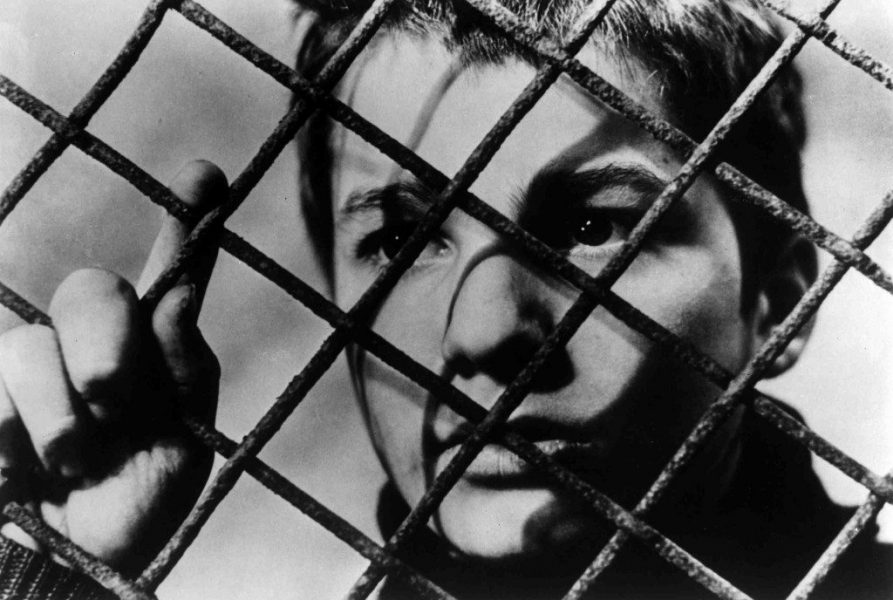
‘The 400 Blows’ is essentially about juvenile and adolescent delinquency that is often driven by societal and parental neglect. Not only did this film put the nascent French New Wave on a firm footing but also projected François Truffaut as the brand new face of contemporary cinema. Distinctly autobiographical in nature, Truffaut’s own childhood was troubled and on similar lines. The film flows like a river and takes the audience along a journey of hope, despair, empathy and even sheer anger. A truly sincere and deeply personal piece of work, Truffaut dedicated it to his spiritual father and internationally acclaimed film theorist André Bazin. It is now considered to be one of the finest movies of all time.
1. Amarcord (1973)
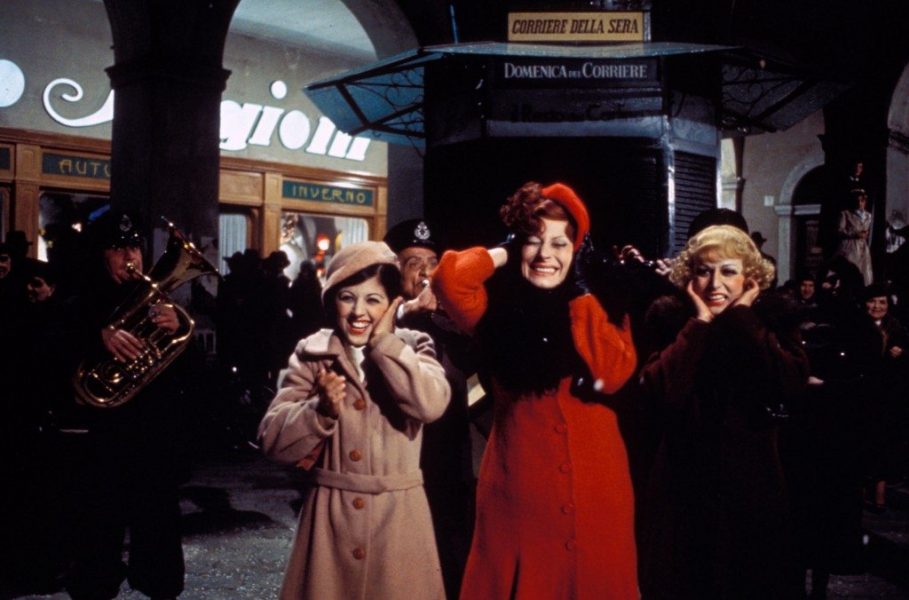
A stylized comedy drama film by the acclaimed Italian auteur Federico Fellini, ‘Amarcord’ could be considered to be a direct cinematic jibe at Mussolini and the Catholic Church. The movie tells the tale of an adolescent boy growing up in Fascist Italy in the 1930s. Arguably Fellini’s best work, the film received almost universal acclaim on release. Having been nominated for three (3) Academy Awards, ‘Amarcord’ finally walked away with the Academy Award for Best Foreign Language Film.
Read More: The 10 Best Movies About Loneliness, Ranked

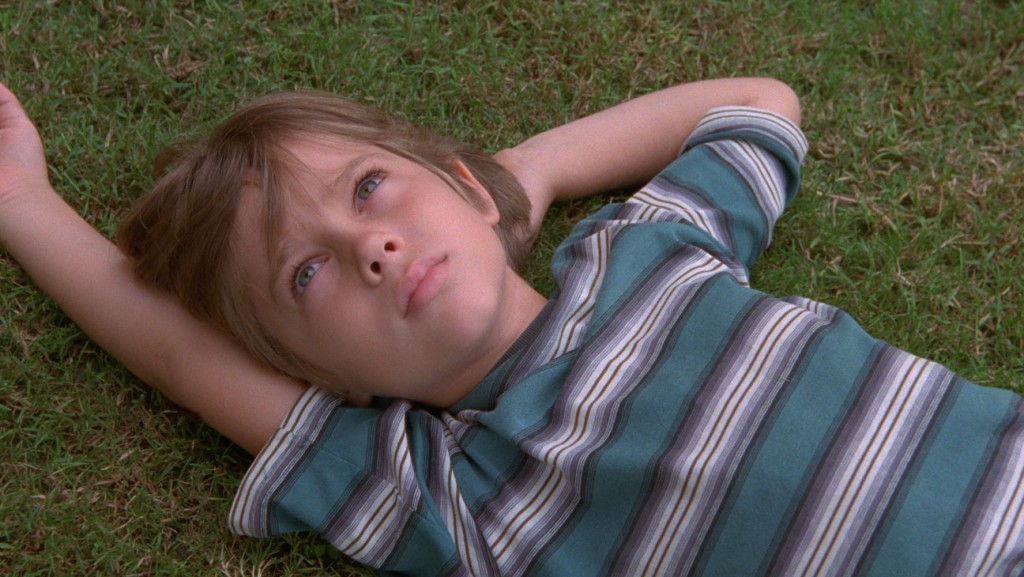
You must be logged in to post a comment.